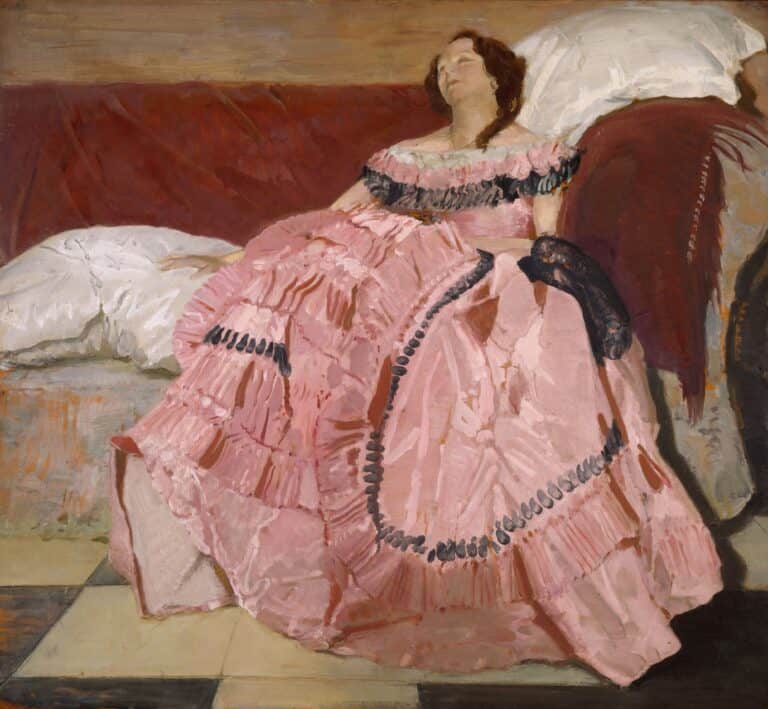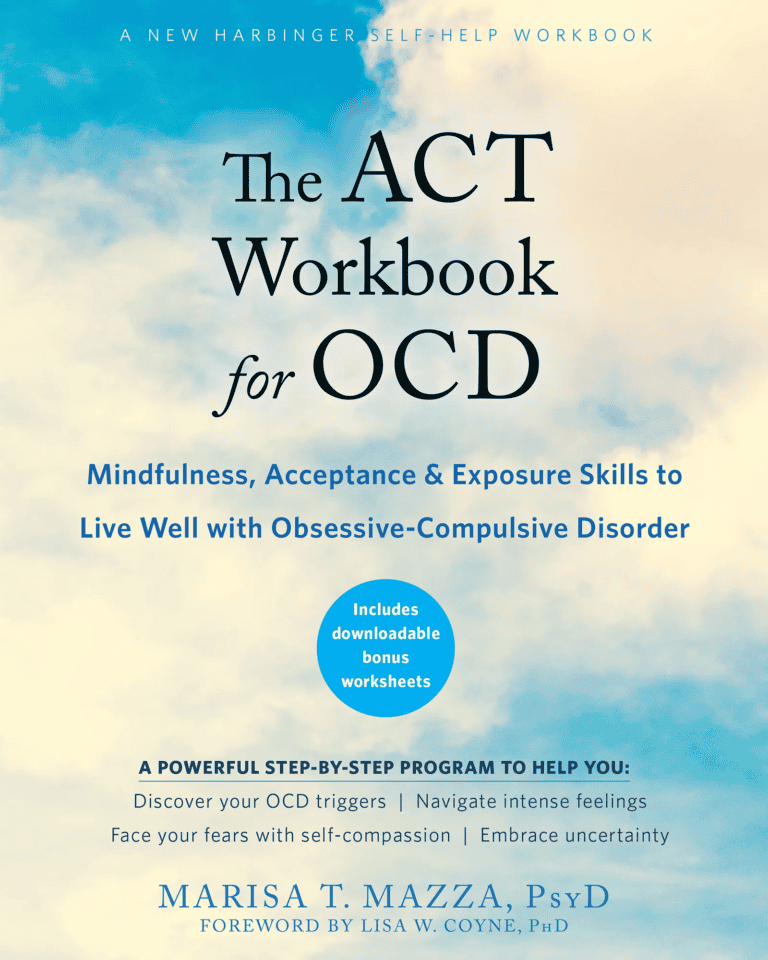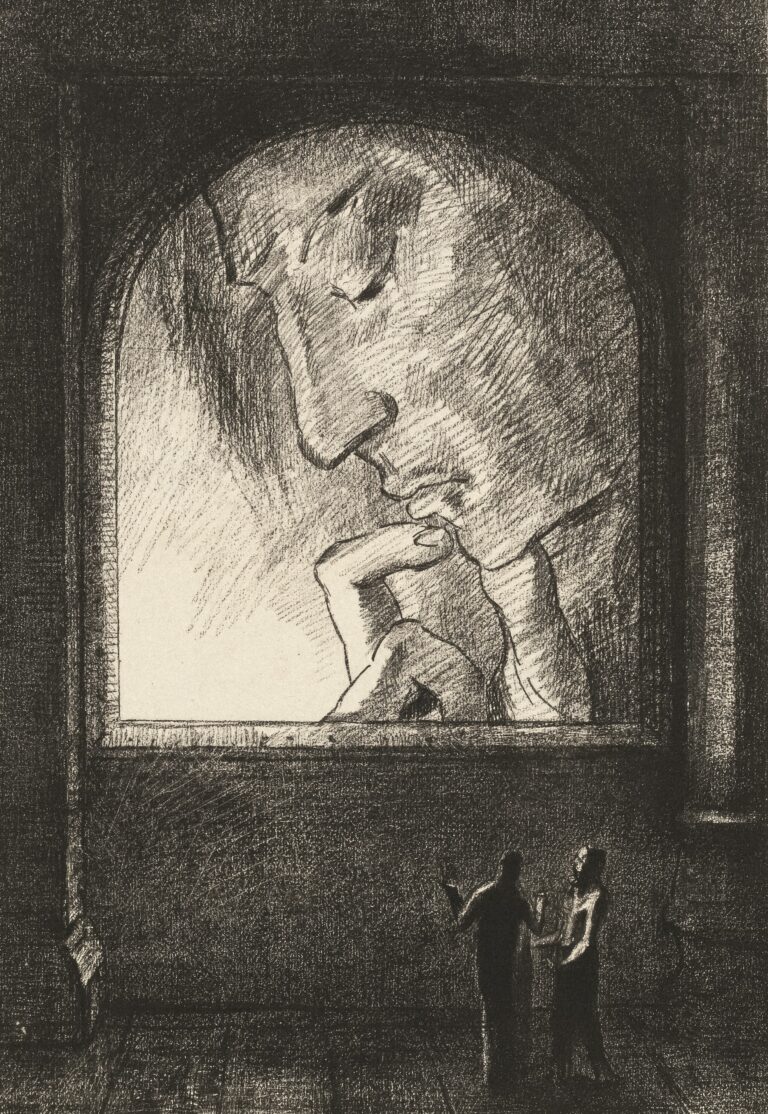Getting to Know OCD Mood Swings

Let’s take a closer look at something often overlooked in the world of Obsessive-Compulsive Disorder (OCD) – mood swings. In this article, we’re diving into the basics of “Understanding OCD Mood Swings.”
Forget the jargon; we’re breaking it down to uncover how those nagging thoughts can mess with your emotions, exploring what triggers these mood swings, and, most importantly, figuring out how to deal with them. So, buckle up for a straightforward journey into the ups and downs of living with OCD.
Understanding OCD Mood Swings
Obsessive-Compulsive Disorder (OCD) is a mental health condition that extends beyond its widely recognized manifestations of persistent intrusive thoughts (obsessions) and repetitive behaviors (compulsions).
Within the intricate tapestry of OCD, individuals often grapple with a lesser-explored yet significant aspect: mood swings. This dynamic relationship between OCD and mood fluctuations adds an additional layer of complexity to the already challenging landscape of the mental disorders.
This also adds a level of comorbidity with other mental health conditions such as bipolar disorder (manic episodes), Major Depressive Disorder (depressive episodes) and other mood disorders.
The Dynamics of OCD: A Brief Overview
OCD is characterized by a cycle of obsessive thoughts that provoke intense anxiety, leading individuals to engage in compulsive behaviours or mental rituals as a means of alleviating that anxiety. This cyclical pattern, if left unaddressed, can contribute to a spectrum of emotional experiences, including mood swings.
The Spectrum of Mood Swings in OCD
Mood swings in OCD encompass a broad range of emotions, from heightened anxiety and frustration to temporary relief.
As individuals grapple with the distressing nature of their obsessions and the compulsive rituals meant to assuage them, their emotional state can fluctuate, creating a rollercoaster effect that is often challenging to navigate.
Triggers and Themes: Understanding Emotional Catalysts
Mood swings in OCD are closely tied to the triggers and themes of obsessive thoughts. Whether rooted in fears of contamination, concerns about harm befalling loved ones, or an overwhelming need for order, these themes shape the emotional landscape, influencing the intensity and nature of mood swings.
Cognitive Struggle: The Battle Within
Central to the relationship between OCD and mood swings is the cognitive struggle within individuals.
The conflict between the rational understanding that compulsions are irrational and the overpowering urge to engage in them creates emotional turmoil.
This internal tug-of-war contributes significantly to the ebb and flow of mood swings and greatly exacerbate ocd symptoms.
Neurobiological Foundations of Mood in OCD
Neurobiological factors, particularly involving serotonin and brain circuitry such as the orbitofrontal cortex and basal ganglia, play a pivotal role in both the core symptoms of OCD and the associated mood swings.
Understanding these foundations provides insight into the interconnected nature of the disorder and its emotional manifestations.
In unravelling the complexities of “Understanding OCD Mood Swings,” it becomes apparent that a comprehensive understanding of the disorder requires a holistic approach.
By exploring the intricate relationship between obsessive-compulsive tendencies and the emotional rollercoaster they induce, we can pave the way for more nuanced and effective interventions, ultimately enhancing the quality of life for individuals navigating the challenges of OCD and other mental disorders including bipolar disorder symptoms.
The Impact of OCD on Emotional Well-Being

Obsessive-Compulsive Disorder (OCD) is not confined to the realm of intrusive thoughts and ritualistic behaviors; it extends its influence to the emotional well-being of individuals, often exacting a profound toll on their mental and emotional stability.
In this exploration, we delve into the intricate ways in which OCD shapes mood swings and the far-reaching impact it has on overall emotional health.
Constant Anxiety and Persistent Fear
At the heart of OCD lies a persistent undercurrent of anxiety fuelled by intrusive thoughts. The relentless nature of obsessive fears, whether cantered around contamination, harm, or other distressing themes, creates a perpetual state of apprehension.
This chronic anxiety becomes a fertile ground for mood swings, contributing to emotional instability as individuals grapple with the ongoing fear provoked by their obsessions.
The Compulsive Rituals: A Temporary Refuge
To cope with the overwhelming anxiety induced by obsessions, individuals with OCD often resort to compulsive rituals.
While these behaviors may offer temporary relief, the cyclical nature of the disorder means that the respite is short-lived.
Mood swings ensue as individuals oscillate between the temporary comfort derived from compulsions and the realization that these actions are irrational, leading to a continuous emotional rollercoaster.
Vicious Cycle of Depression
The chronic nature of OCD, coupled with the emotional toll of managing its symptoms, can contribute to the development of comorbid conditions, including depression, bipolar disorder, the risk of developing substance abuse and other mood disorders.
Mood swings in OCD are not only a product of the disorder itself but can also become a catalyst for a broader emotional struggle, further compromising an individual’s emotional well-being.
Understanding the profound impact of OCD on emotional well-being underscores the need for a comprehensive and empathetic approach to treatment.
By addressing both the core symptoms of the disorder and the emotional challenges it presents, individuals can work towards achieving a more stable and fulfilling emotional state, fostering a path to improved overall well-being.
Recognizing Patterns: Common Triggers for OCD-Related Mood Swings
Obsessive-Compulsive Disorder (OCD) is a nuanced mental health condition where mood swings often become intricately entwined with specific triggers.
Understanding these triggers is crucial in developing strategies for managing the emotional turbulence that accompanies OCD.
In this exploration, we delve into common triggers that can exacerbate mood swings, shedding light on identifiable patterns.
Specific Obsessive Themes
Different individuals with OCD experience distinct obsessive themes. Common themes include fears of contamination, concerns about harm to oneself or others, fears of making a mistake, and an overwhelming need for symmetry or order.
Mood swings can intensify in response to these specific themes, with the emotional impact varying based on the nature of the obsessions.
Environmental Stressors
Stressful life events or changes in one’s environment can act as catalysts for mood swings in individuals with OCD.
Major life transitions, relationship difficulties, or work-related stress may exacerbate obsessive thoughts and increase the frequency and intensity of compulsive behaviors, leading to heightened emotional instability.
Triggers Related to Personal Values
OCD symptoms can be closely tied to an individual’s core values and beliefs.
When obsessive thoughts and physical symptoms challenge these values, it can lead to pronounced mood swings. Individuals may grapple with guilt, shame, or inner conflict, amplifying the emotional toll of the obsessions and compulsions associated with their particular value system.
Recognizing these patterns of triggers is a crucial step in developing a personalized approach to managing OCD-related mood swings.
By identifying specific situations and themes that tend to provoke heightened emotional responses, individuals and their mental health professionals can work collaboratively to implement targeted coping strategies, ultimately fostering a greater sense of emotional stability in the face of OCD challenges.
OCD Coping Mechanisms: Strategies to Manage OCD-Related Mood Swings

Living with OCD and the accompanying mood swings can be challenging, but implementing effective coping mechanisms can significantly enhance emotional resilience. Here are practical tips and strategies for individuals struggling with OCD-induced mood swings:
Develop a Routine
Establishing a structured daily routine can provide a sense of predictability, helping to minimize uncertainty, a common trigger for OCD-related mood swings. A consistent schedule can create a stable environment and reduce the need for compulsive rituals and treat OCD.
Progressive Exposure
Gradual exposure to feared situations, known as exposure and response prevention (ERP), is a cornerstone of OCD treatment. Incrementally facing triggers and resisting compulsive rituals can lead to desensitization over time, reducing the intensity of mood swings. anti
Regular Exercise
Physical activity is a powerful mood regulator. Regular exercise not only promotes overall well-being but also releases endorphins, which can positively impact mood and reduce anxiety associated with OCD.
Educate Yourself
Learn more about OCD, its symptoms, and effective treatment options. Knowledge empowers individuals to understand their condition, normalize their experiences, and make informed decisions regarding their mental health.
Professional Support
Seek therapy from a mental health professional experienced in treating OCD. Therapeutic modalities like CBT, specifically ERP, have proven effective in managing OCD-related mood swings. Medication such as selective serotonin reuptake inhibitors (SSRI) may also be considered in consultation with a psychiatrist.
Remember, finding the right combination of coping strategies may take time, and it’s okay to seek professional guidance along the way.
By incorporating these practical tips into your daily life, you can build emotional resilience and develop a toolbox of strategies to navigate the challenges associated with OCD, mood swings, anxiety disorders and other mental illnesses.
To Sum It Up: Handling Mood Swings with OCD
Alright, we’ve covered a bunch about OCD mood swings. Bottom line? Dealing with this stuff is no joke, but there are ways to tackle it.
We talked about triggers – those things that set off mood swings, like specific thoughts or stressful situations. And hey, everybody’s got different triggers.
The good news? There are tricks to cope. Breathing exercises, sticking to routines, and chatting with friends or pros can make a real difference. You’re not alone in this.
Remember, it’s okay to get some help. Therapists are like coaches for your brain. They’ve got strategies, like CBT, that can really help you deal with OCD mood swings.
So, as we wrap this up, know this: Understanding your mood swings is a step toward tackling them. You’ve got the tools; now go out there and own it. You’ve got this!





